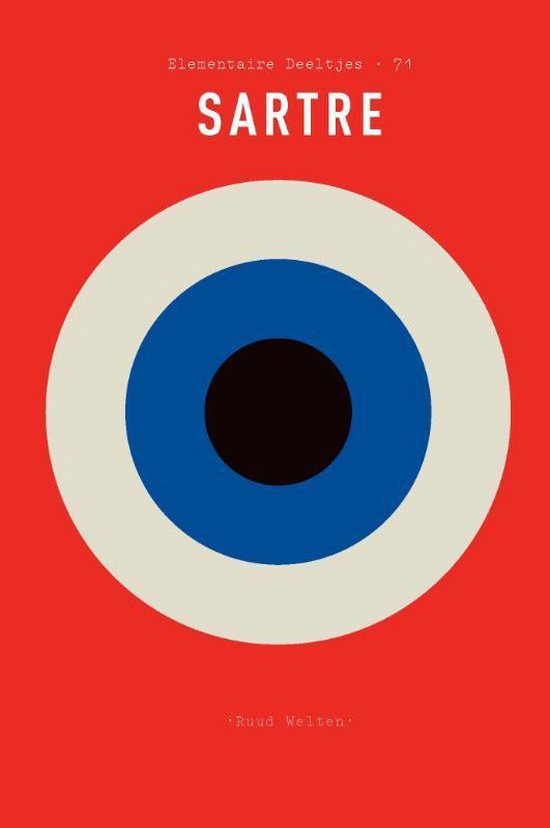
2004
First Published
3.85
Average Rating
192
Number of Pages
Part of Series
This Very Short Introduction is an exciting and non-traditional approach to understanding the terminology, properties, and classification of chemical elements. It traces the history and cultural impact of the elements on humankind, and examines why people have long sought to identify the substances around them. The book includes chapters on particular elements such as gold, iron, and oxygen, showing how they shaped culture and technology. Looking beyond the Periodic Table, the author examines our relationship with matter, from the uncomplicated vision of the Greek philosophers, who believed there were four elements—earth, air, fire, and water—to the work of modern-day scientists in creating elements such as hassium and meitnerium. Packed with anecdotes, The Elements is a highly engaging and entertaining exploration of the fundamental what is the world made from?
Avg Rating
3.85
Number of Ratings
314
5 STARS
21%
4 STARS
47%
3 STARS
27%
2 STARS
4%
1 STARS
0%
goodreads
Author

Philip Ball
Author · 32 books
Philip Ball (born 1962) is an English science writer. He holds a degree in chemistry from Oxford and a doctorate in physics from Bristol University. He was an editor for the journal Nature for over 10 years. He now writes a regular column in Chemistry World. Ball's most-popular book is the 2004 Critical Mass: How One Things Leads to Another, winner of the 2005 Aventis Prize for Science Books. It examines a wide range of topics including the business cycle, random walks, phase transitions, bifurcation theory, traffic flow, Zipf's law, Small world phenomenon, catastrophe theory, the Prisoner's dilemma. The overall theme is one of applying modern mathematical models to social and economic phenomena.





